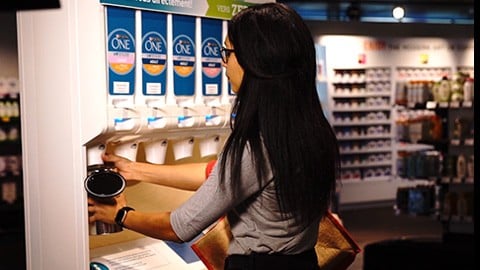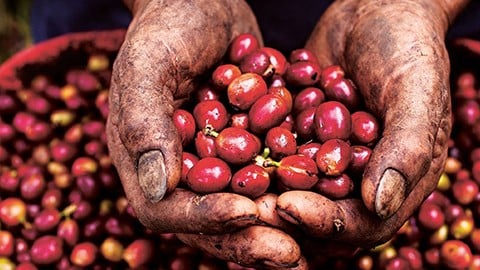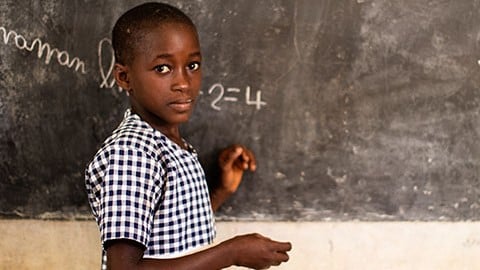In August 2020, Nestlé Philippines reached plastic neutrality. That means Nestlé collected and co-processed the equivalent amount of plastic as contained in the products sold and prevented the further flow of plastic into landfills and oceans.
What is Nestlé’s response to the Greenpeace report on plastic packaging waste in the Philippines?
Nestlé shares Greenpeace’s ambition that no plastic waste should be discarded in rivers and oceans.
We have a new global ambition to make 100% of our packaging reusable or recyclable by 2025 and are working hard to achieve this. We’d previously committed to improving the overall environmental performance of our packaging, which includes significant reductions in the amount of packaging we use.
Nestlé is redesigning packaging for easier recycling and to increase our use of recycled plastics. Globally, we support the most effective systems for managing packaging waste in a given country or region. Systems include, for example, formal targets, deposit return schemes or informal collection systems.
In the Philippines, we follow all local laws on waste management, and develop environmental programmes to reduce waste and promote recycling. We fully support environmentally friendly technologies to achieve this goal. We do not believe that incineration and other forms of disposal are acceptable long-term end-of-life solutions for used packaging.
Using municipal solid waste incineration with energy recovery could compromise the development of more efficient recycling schemes. We only support this when economic alternatives are absent, in facilities that meet EU (or higher) emissions standards.
Nestlé would like to thank Greenpeace for meeting with us on 22 September 2017, when we presented our environmental initiatives on solid waste management. We will continue listening and talking to Greenpeace, as we further improve the sustainability of our packaging.
What is Nestlé Philippines doing to reduce, reuse and recycle packaging?
Since 1993, Nestlé Philippines has consistently met or exceeded our annual target of reducing packaging material use in the country by 1 million kilograms.
We support initiatives to recover and recycle plastics including laminates and flexible packaging, and stop them contaminating natural habitats. Our collaborative ECO-BRICKS project converts laminates into eco-bricks and pavers. We’re expanding it to at least five areas across the Philippines in 2017.
We also encourage consumers to dispose of waste plastics properly, to improve recovery rates. Since 2013, Nestlé has run community workshops across the country to support this goal.
For the past 17 years, we've run a programme to help our suppliers, co-manufacturers and other partners manage waste sustainably.
Nestlé is also an active participant in the Philippine Alliance for Recycling and Materials Sustainabilty (PARMS). This non-profit brings together companies, government, NGOs and others to improve waste management in the Philippines.





